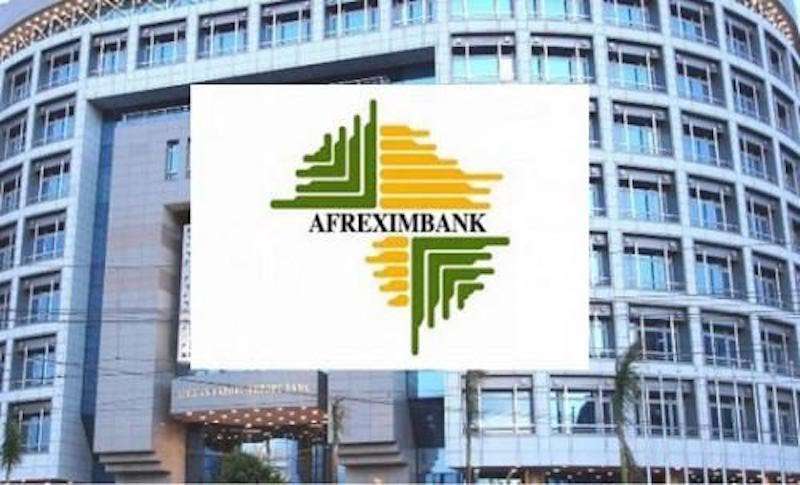In a major step towards transforming Africa’s energy sector, the African Export-Import Bank (Afreximbank) has launched a groundbreaking $3 billion Revolving Intra-African Oil Trade Financing Programme.
This initiative is aimed at deepening intra-African trade in refined petroleum products while significantly reducing the continent’s reliance on oil imports from outside Africa—estimated at a staggering $30 billion annually.
The financing programme is part of Afreximbank’s broader strategy to stimulate regional trade and industrialisation, particularly under the African Continental Free Trade Area (AfCFTA) framework.
The facility will provide structured trade finance solutions to oil traders, financial institutions, and government bodies involved in the importation of refined petroleum products sourced from African refineries. “This initiative is designed to encourage regional sourcing and is expected to finance between $10 billion to $14 billion of intra-African petroleum imports,” the bank announced.
Addressing Refining Deficits
Despite being rich in crude oil resources, Africa has historically lacked sufficient domestic refining capacity. As a result, many countries are forced to export crude oil and import finished petroleum products at a premium, leading to inflated fuel costs and currency pressures. The new Afreximbank programme seeks to correct this imbalance by empowering African refineries to meet local demand.
Eligible refineries will be able to trade in essential refined products such as Premium Motor Spirit (PMS), Automotive Gas Oil (AGO), Heavy Fuel Oil (HFO), jet fuel, and kerosene under the financing facility. The programme will also provide tenure flexibility, competitive pricing, and logistical support to ensure seamless intra-African trade flows.
The initiative arrives at a time when several African countries are ramping up their refining capacities. Nigeria, Africa’s most populous nation, has recently commissioned the Dangote Refinery—now the world’s largest single-train facility with a daily processing capacity of 650,000 barrels. This mega-refinery was partly funded by Afreximbank and is expected to become a game-changer in the regional oil landscape.
Angola is not far behind, with significant investments in its refining infrastructure. The $6.6 billion Lobito Refinery is underway and will become Angola’s largest upon completion, with a projected capacity of 200,000 barrels per day. Additionally, the country’s 60,000 barrels per day Cabinda Refinery continues to support its domestic needs.
Nigeria’s legacy refineries are also undergoing extensive refurbishment. The Port Harcourt Refinery, with a capacity of 210,000 barrels per day, is being revamped, while approvals have been granted for new facilities such as the BUA and Azikel refineries.
According to Afreximbank, these developments are expected to yield over 1.3 million barrels per day of refining capacity across the Gulf of Guinea. This will not only transform the region into a hub for petroleum refining but will also position Africa as a formidable player in the global downstream oil market.
Catalysing Industrial Growth
Afreximbank President Benedict Oramah emphasised that the financing programme is poised to create significant economic ripple effects. “We want to see an increased proportion of the about 4 million barrels per day of crude oil produced in the Gulf of Guinea refined in Africa,” Oramah stated.
He added that the initiative will boost downstream value chains, marine logistics, and shipping services, thereby stimulating investment in sectors vital for both intra- and extra-African trade in oil and refined products. Furthermore, it is expected to enhance job creation and support the continent’s industrialisation drive.
The project has received strong endorsement from African leaders. President Lazarus Chakwera of Malawi lauded the financing plan as a decisive step toward continental energy sovereignty. “This is a clear demonstration of Africa’s resolve to take charge of its own energy future,” Chakwera noted. He expressed optimism that the programme would strengthen regional supply chains and help deliver more stable and affordable energy to African consumers.
Access to the global facility will be granted upon completion of Know Your Customer (KYC) checks and fulfilment of other compliance requirements. Beneficiaries will be able to draw on various trade finance instruments such as Letters of Credit (LCs), LC discounting for quicker liquidity, and even direct prepayments or advances to qualified refineries.
Afreximbank’s $3 billion oil trade support programme signals a new era in Africa’s energy journey—one that prioritises regional self-sufficiency, value retention, and economic resilience.
READ ALSO: Ghana’s Cocoa Sector in Crisis Over $263M Loan Outcome























